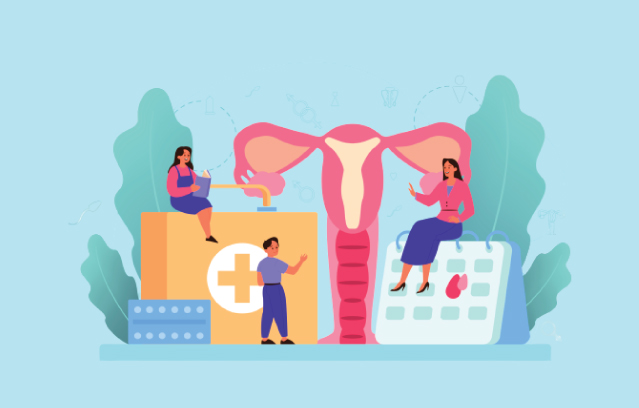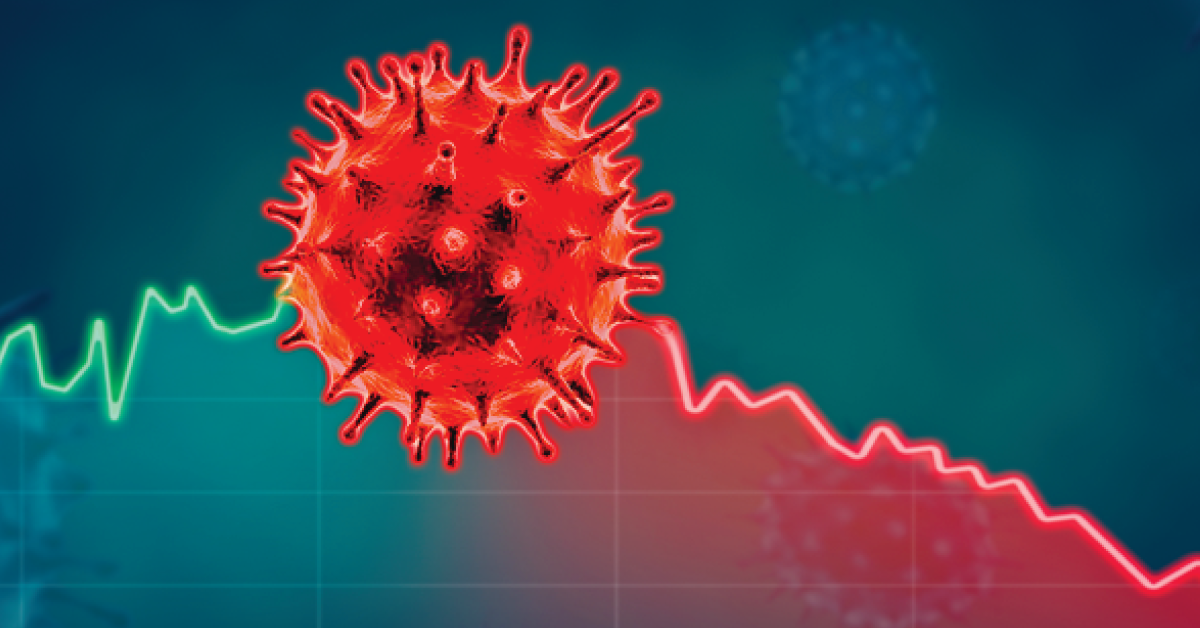
Any infection that is resulted by sexual contact is known as Sexually Transmitted Disease (STD). Generally Sexually transmitted infections (STI) are often thought to be STD. Initially infection affects. Which may or may not convert into a disease. STD can be the result of analysis, oral or vaginal sex. Not all the infections are asymptomatic. The symptoms might not be seen in a few STDs. So even a person who seems so healthy can also have STD without knowledge. These can be caused by bacterial infection or parasites or viral infection. Some common STDs are Bacterial Vaginosis, chlamydia gonorrhea, hepatitis, herpes, HIV/AIDS, Human Papillomavirus, pelvic inflammatory disease etc. Many of these are treatable.
Symptoms, signs and Diagnosis
As said earlier, symptoms may or may not be there. Some common signs shown are as given.
- Genitals will become sore. Pain in the oral or rectal area.
- Burning sensation during passage of urine.
- Unusual discharge from penis or vagina which can be odorous too.
- Discomfort during sexual interaction.
- Unexpected and unexplained bleeding through vagina.
- Fever and rashes.
- Some other symptoms of STD are swelling of the buttock area and small lumps can also be seen. Nausea and fatigue too are found.
Once there is a suspicion of STD it is good to go for diagnosis. Based on the symptoms the tests can be done by health care specialists seeking medical advice. Physical examinations or the blood tests or body fluids swabs can be tested.
Common STD in women
In women STD can result in severe conditions. They might be from miscarriage to cervical cancer. The common STDs in women are as given.
- Human Papillomavirus(HPV)
Right now vaccines are available for a few strains of HPV. There are many types of HPV. HPV6 and HPV11 are not severe risk strains. HPV16 and HPV18 are high risk strains. High risk strains can even cause cervical cancer if it is left unattended. Almost 70% of cervical cancers are the results of HPV all over the world. This can be diagnosed using the Pap smear test which is a screening test for cervical cancer. HPV when affected below 45 years of age can be treated with a vaccine. Gynecologist help is to be taken for any diagnosis.
- Gonorrhea
This mostly affects the teenage and young adult age group that is between 15-30. But no need to worry, this can be treated with medicines. In this STD the main symptom is a creamy or sometimes green color vaginal discharge and or heavy bleeding. If at all untreated, it can cause infertility, pelvic inflammatory disease and chronic pain in reproductive organs. In rare cases, gonorrhea might also affect men. Diagnosis can be done through urine tests and vaginal or penis fluid discharge swab tests and also blood tests. This can be treated with antibiotics. If you have any symptoms, take an online consultation with a gynecologist clinic.
- Chlamydia
This STD is highly asymptomatic. The common symptom observed is burning sensation during passage of urine. Persistent pain in the lower abdomen. Chlamydia if unattended can spread the infection to fallopian tubes that finally leads to pelvic inflammatory disease. Sometimes this can occur in the rectal area and throat area too. That results in pain in the rectal area and sore throat. When the sex toys are exchanged or involved in oral sex these conditions occur. By online consultation of a gynecologist and taking proper medical advice this can be cured.
- Genital Herpes
This STD is caused by Herpes Simplex virus(HSV). There are two main strains in this. HSV1 and HSV2. Both can cause genital herpes and cold sores. This can be transmitted through saliva also. The main symptoms include blisters in the affected area, like vagina, anus and mouth too. These blisters also secrete some fluid. If at all this STD condition is present in a pregnant lady, the new born baby can also get blisters on face and genitals too. In some cases the new born babies can have complications like blindness, brain damage too. Once the symptoms are identified consulting a gynecologist is recommended. This can be treated with medication. Antiviral medicines can reduce the severity and outbreak.
- Trichomoniasis
This is caused by a parasite called Trichomonas vaginalis. The symptoms are redness, itching and irritation in genital area. This is serious for pregnant women. If unattended it can cause premature birth, underweight baby and membrane rupture. Approach gynecologist clinic and get advice if diagnosed.
Common STD in men
- Hepatitis
There are two types of Hepatitis virus. HAV and HBV. Viral infection caused by Hepatitis A virus is HAV. This is highly infectious. But it can be easily cured. Infection caused by HepatitisB virus is HBV. This causes severe effects. The liver gets highly affected. Liver inflammation occurs and it can also lead to liver transplantation. The main symptoms of HBV are nausea, loss of appetite and in some cases jaundice too. This is diagnosed using antigen and antibody tests and liver functioning tests. A HepatitisB vaccine is available. The dosage is to be administered by a healthcare professional. Medications are also available for treating HBV.
- Syphilis
This is caused by bacteria called Treponema pallidum. There are four stages in syphilis infection. They are primary, secondary, latent and tertiary. This STD does not show much symptoms. In the first two stages it is highly infectious. The symptoms commonly seen are swollen lymph nodes and fever. This is diagnosed through blood tests. In the first two stages this can be treated with penicillin.
- HIV/AIDS
Human ImmunoVirus (HIV) is the viral infection which is transmitted sexually. This has no cure and leads to STD called AIDS Acquired ImmunoDeficiency Syndrome. People who are affected with any STD are more vulnerable to HIV. The person infected will be normal for some time. They will not show much symptoms but the virus grows latently inside. The symptoms are easily prone to other infections, fever, unexplained weight loss, fatigue and diarrhea also. Diagnosis is done by antigen and antibody blood test. Even though there is no cure, medication can be given. Antiretroviral therapy (ART) is done. This is to be started irrespective of the stage of infection. This is equally seen in men and women. Once tested positive do not panic and consult health care specialists. Seek advice and start treatment.
There is no specific rule that these STDs are specific to a gender. They might affect anyone. The majority is seen as per studies and is categorized. Chlamydia and gonorrhea can affect men too and hepatitis syphilis can affect women too. The risk factors are considered. Apart from the above stated STDs there are some more. Neisseria meningitidis, Mycoplasma genitalium, Shigellosis, Lymphogranuloma venereum (LGV) are also prevalent now.
Prevention of STD
Prevention is always better than cure. As these are mostly transmitted through sexual interaction have a safer sex. Before that, get an open talk with your partner. Use preventive measures like condoms. Do not share sex toys. If at all suspicious about any infection consult health care specialists and seek medical advice. Get vaccinated. Even without sexual interaction, by sharing undergarments and used towels can also spread infection. So do not use those. If pregnant women are diagnosed with any infection, initially book an online consultation to a gynecologist clinic and get medical assistance so that it will not affect the fetus. STDs like AIDS do not have a cure. Others like Hepatitis and HPV have vaccines. Some can be cured by medication. Still it is better to follow preventive measures and stay safe and healthy.

